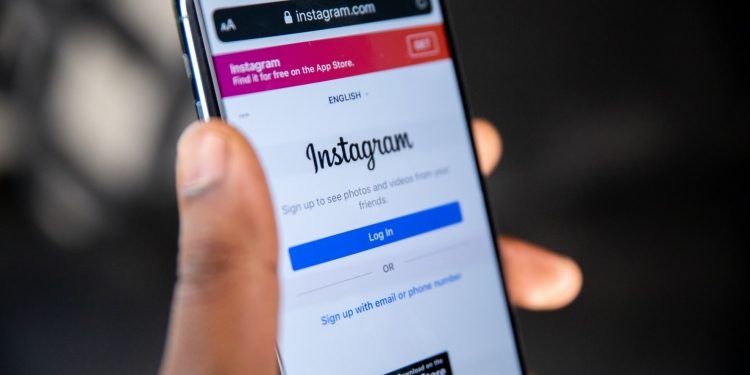After announcing that they were taking a break from building Instagram Kids last last month, Facebook’s Vice President of Global Affairs Nick Clegg revealed that they will be encouraging teenagers to “take a break” from Instagram. They will also introduce new measures to “nudge” teens away from harmful content.
“We’re going to introduce something which I think will make a considerable difference, which is where our systems see that a teenagers is looking at the same content over and over again, and it’s content which may not be conducive to their well being, we will nudge them to look at other content,” said Clegg.
Instagram’s new app it was creating for kids had been put on hold amid growing opposition for the project. The platform mentioned that a recent reporting from the Wall Street Journal on their research into teen’s experiences had “raised a lot of questions for people”, but they wanted to “continue building on its parental supervision tools”.
If you need a little refresher on what the Wall Street Journal reported, Instagram’s internal research revealed that there was a “higher percentage of negative impact for teen girls when accessing Instagram”. 32.40% of teen girls reported that the app made their body image worse, whereas only 6.7% of teen boys reported the same thing.
Facebook then released a long news post trying to explain that their data had been “taken out of context”. But Head of Instagram Adam Mosseri spoke about the leak, saying that he was “proud of the research” and that he has been “pushing very hard” to embrace their responsibilities”.
In a blog post on 27 September, Mosseri already stated that Instagram was “exploring” the idea of the “Take a Break” feature, as well as the “nudge” feature. He explained that they wanted top encourage users to “take a moment to consider whether the time they’re spending is meaningful”, but he didn’t say that these features were meant for younger users.
Besides the internal research leak, whistleblower Frances Haugen revealed that the Facebook algorithm is used easily to spread hate, violence and misinformation and that the platform would rather choose to optimise for its own interests, like making more money. Mark Zuckerberg retaliated, saying that Haugen’s claims “don’t make any sense”.
[ SOURCE, IMAGE SOURCE ]








